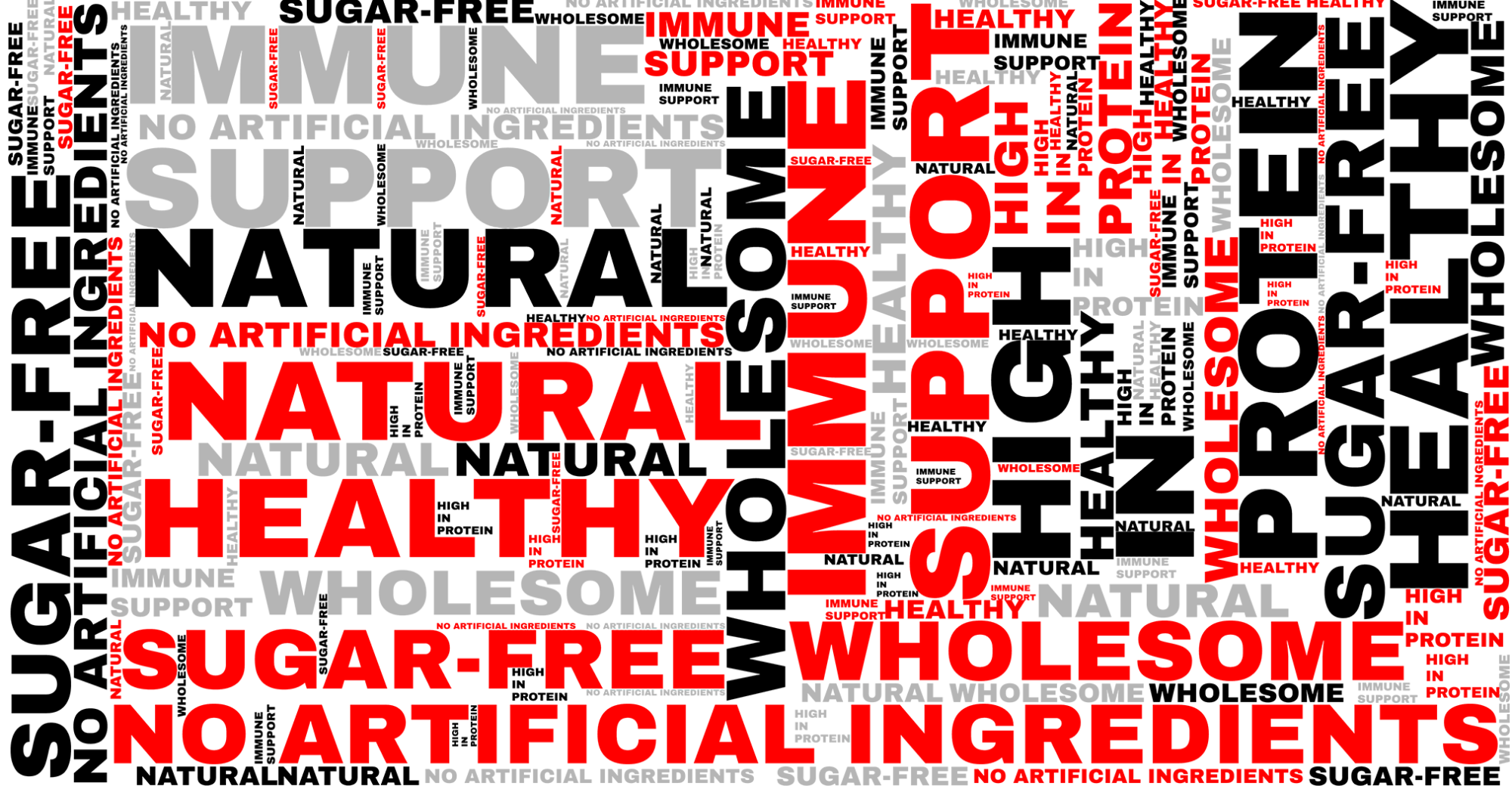
CATrends: Nutriwashing
Lawsuits allege foods and beverages aren’t as healthy as you might think.
Brands named in litigation include SlimFast, Silk and Beyond Meat, among others.
This article highlights a trend in class-action litigation as identified by our Class-Action Tracker. Thus the name of this feature, CATrends. (Apologies if you were expecting funny cat videos.)
I scream, you scream, we all scream for … protein?
As the protein craze enters its ninth year, a wave of class-action lawsuits is challenging quantitative protein content claims and phrases such as “high protein” and “protein packed” on the front packaging of a number of grocery store items.
Since the beginning of the year, more than a dozen lawsuits have been filed against brands, including SlimFast, Silk and Beyond Meat, alleging they overstate the amount of digestible protein in their products, as measured by their Protein Digestibility Corrected Amino Acid Score, or PDCAAS (which is a different and, plaintiffs argue, more rigorous type of testing method than the one used to calculate the amount of protein declared on the Nutrition Facts Label).
For example, a lawsuit filed in August alleges that advertising claims on boxes of Three Wishes cereals, including “More protein” and “8g protein per serving,” violate state and federal regulations. The lawsuit states:
The front label protein claims are [] false and misleading because they deceive reasonable consumers into believing that a serving of the Products will provide the grams of protein as represented on the label, when in fact, correcting for the Products’ poor protein quality through PDCAAS, the amount provided will be approximately half or less because Defendant uses proteins of low biological value to humans in its products, such as chickpea, pea, and tapioca derived proteins.
Which is to say, protein quality and protein quantity are intertwined, lawsuits allege. And according to a 2021 study, “The Protein Mindset: Uncovering Consumers’ Perceptions and Preferences of Proteins,” protein quality ranks second only to taste as the top purchase consideration for consumers. The study found most consumers’ protein purchases motivated by health and wellness, with 50 percent of respondents associating protein with a “healthy diet” and 46 percent with a “healthy lifestyle.”
Multiple brands are also accused of marketing products as “high protein” and “protein packed” when, according to plaintiffs, the products don’t contain enough protein under federal regulations to make such claims. Products named in these lawsuits include GFB Gluten Free Bites, Enjoy Life Lentil Chips and Gourmet Nut Power Up Protein Packed Trail Mix.
The takeaway
For those of us who didn’t grow up to be big and strong – or want to be even bigger and even stronger as an adult – loading up on products marketed as high in protein may seem like the solution. But such claims are under increased scrutiny so remember that when making purchasing decisions.
Find more of our coverage on diet fads here.
Lawsuits allege foods and beverages aren’t as healthy as you might think.
Consumer Reports study sparks class-action lawsuits.
This year reader tips led to dozens of ad alerts, as well as a complaint to regulators.


